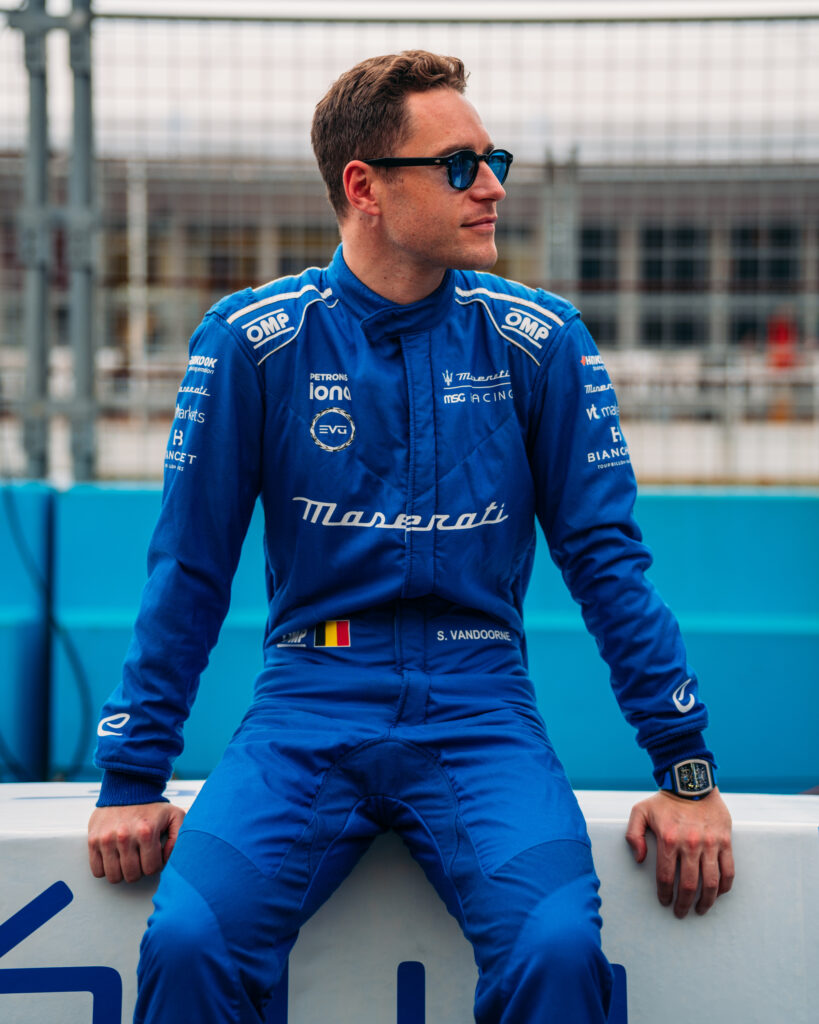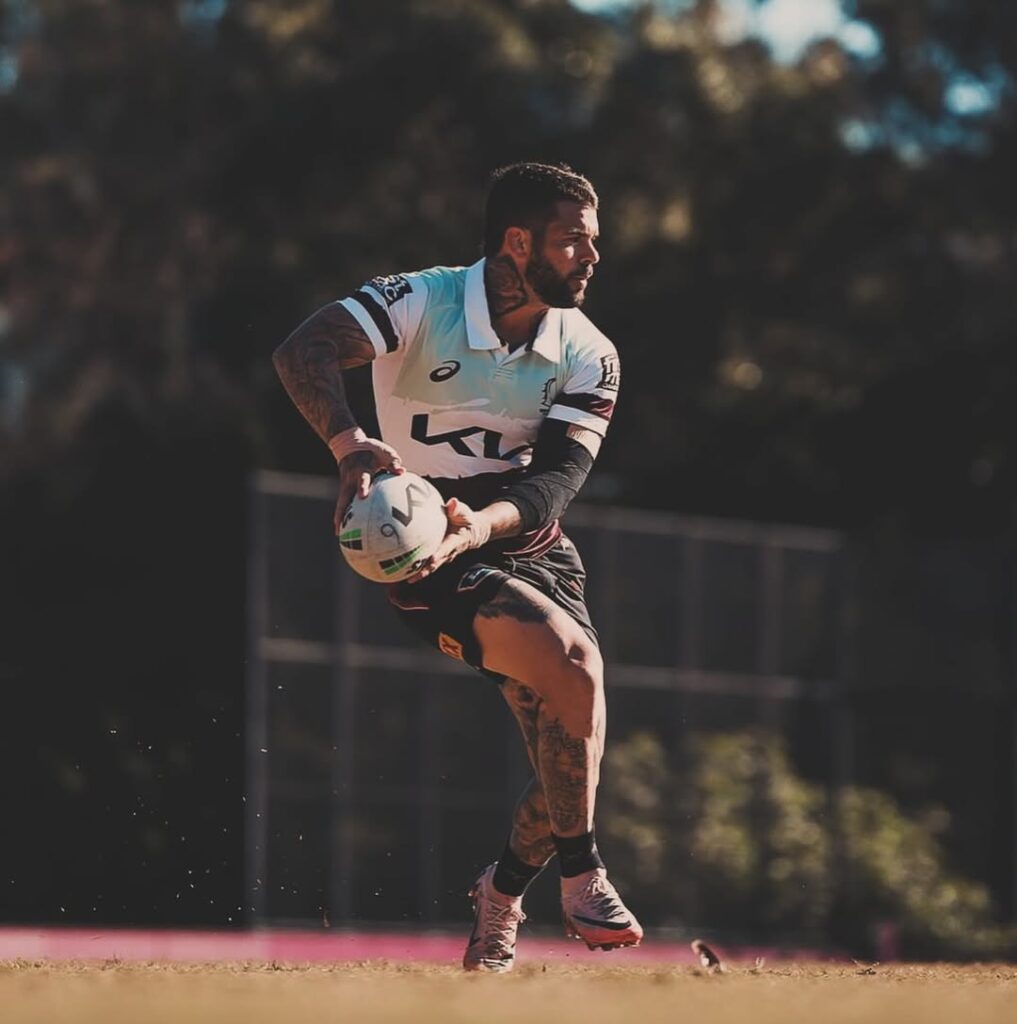I was a 21-year-old trying to forge my way in professional cricket. At this stage, I was scratching around the edges playing for New South Wales as a batsman, but had yet to establish myself in any meaningful way. I’d made my first-class debut that January for NSW, but hadn’t delivered – I think I was out for 16 in the first game. In my heart, I really wanted to be a wicket-keeper – I’d always loved keeping. But the problem was that NSW had a wicket-keeper [Phil Emery] who was firmly entrenched in that position, so I knew it was going to be tough to break through.
So, one option was to look elsewhere and maybe move to try and get more of an opportunity with the gloves. Alternatively, I wondered if I should maybe give up keeping altogether and look to make more of a statement as a specialist batsman. The fact that I was struggling for runs made me think I might be better off concentrating purely on my batting. I was really torn. Didn’t know what to do. So I decided to call Rod Marsh to get his advice.
I’d had a year under Rod Marsh’s leadership at the Cricket Academy over in Adelaide, and I’d stayed in contact with him post that. He’d become a wonderful friend, mentor and coach. I felt like he got to know me really well
at the academy. Plus, he was such a respected voice on the cricketing landscape that I thought there was no better opinion to canvas than his. More importantly, though, Rod Marsh was also my hero. He was the player I wanted to try and emulate as a wicket-keeper or batsman (or both) for Australia.
I remember that phone call vividly. I was living in Lane Cove [northside Sydney] at the time. I rang Rod and explained my dilemma, how I’d been struggling to put together any half-decent scores with the bat. I asked him what he thought about my maybe giving up wicket-keeping in order to focus on my batting. Rod’s response was blunt and direct: he told me I’d be a complete fool to do that. “Don’t be so stupid,” he said. “Just knuckle down and work harder at your keeping.”
Getting that advice, I think, gave me clarity. When such a legend of the game told me I should keep pursuing wicket-keeping – which is what I knew in my heart I truly loved doing – that gave me the confidence and focus to pursue the career path of being a keeper/batsman. In hindsight, that conversation really affected where my life journey eventually went.
Deep down I always knew that I wanted to keep, but without wicket-keeping my batting probably wouldn’t have flourished. There’s only one wicket-keeper in a team, while everyone bats and can chip in with runs at some stage. But as the wicket-keeper, you’re the only one who can do the job with the gloves behind the stumps. So I started to realise that keeping was the most important part of my job description and began to take it even more seriously.
The knock-on effect was that my batting, which had always come a little more naturally to me – began to flourish. The reason, I think, is that it took the pressure off what I had to achieve with the bat. When I was playing for NSW as a specialist batsman, I probably put too much expectation on myself to deliver. When I was the keeper in a team and knew that was my main job, I could go out and bat with a greater sense of freedom.
If it wasn’t for that conversation with Rod Marsh, I could well have ditched the wicket-keeping. So, it was really important in my career. There’s no denying the support and strength that you can get from people encouraging you and reaffirming in your own mind that you’ve got the capabilities to progress. That backing is invaluable. I think everyone needs that to stop those moments of self-doubt creeping in. We all need occasional reaffirmation from others to keep fighting along our pathways, wherever they might lead.
Catch Fox Cricket’s Adam Gilchrist and the team for all your T20 and ODI series coverage on Fox Cricket, available on Foxtel and Kayo Sports.















